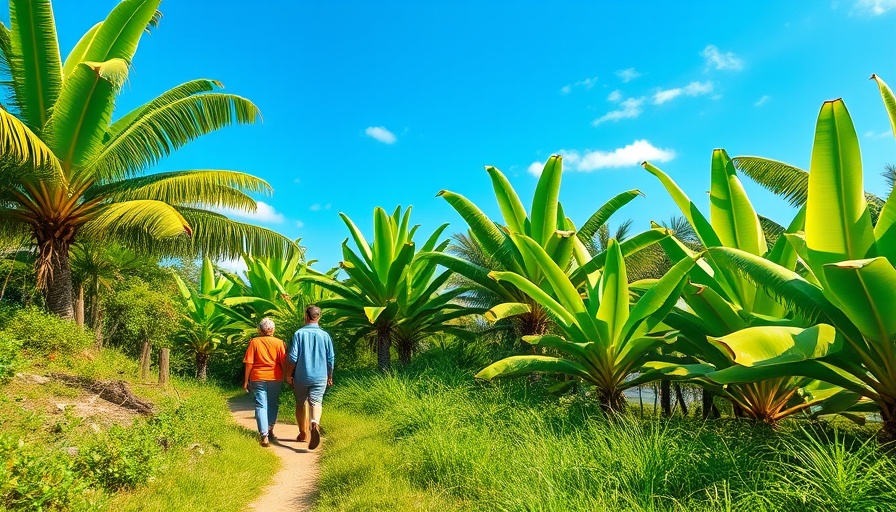
Understanding Climate Change and Refugee Health
The intersection of climate change and health is an urgent issue that has devastating consequences for vulnerable populations, particularly refugee youth. A new study from the University of Toronto highlights how extreme weather events in Uganda exacerbate health risks for young refugees living in the Bidi Bidi Refugee Settlement. It underscores a critical aspect of humanitarian work: the need to address the impact of climate change on sexual and reproductive health.
The Vulnerability of Refugee Youth
According to this study, refugee youth aged 16 to 24 face heightened sexual and reproductive health risks due to resource insecurities worsened by climate conditions. This is particularly acute in settings like Bidi Bidi, one of the world’s largest refugee settlements. Young people often find themselves in precarious situations, such as accessing food and clean water, which significantly impacts their overall well-being.
Cascading Health Challenges
Dr. Carmen Logie, a lead author of the study, pointed out the interconnectedness of climate-induced stress and health. The research revealed that extreme weather patterns not only lead to a scarcity of resources but also increase exposure to violence and transactional relationships. For instance, during droughts, young individuals often trek long distances at night to gather water, placing them at risk of gender-based violence.
Resource Scarcity and Gender-Based Violence
Statistics reveal that as droughts and floods wreak havoc on crop yields, the resultant scarcity forces youth into early marriages or increases their risk of sexual exploitation. The implications are dire: detrimental effects on mental health, increased rates of sexually transmitted infections (STIs), and unwanted pregnancies are consequences faced by this already marginalized population.
Safeguarding the Future
To mitigate these risks, it’s essential to create support systems that cater specifically to the needs of refugee youth. Initiatives should include education on sexual and reproductive health, along with providing accessible healthcare services that can respond to the unique challenges posed by climate change.
Community Collaboration for Improved Outcomes
Efforts must be collaborative in nature, involving local organizations like the Uganda Refugee and Disaster Management Council. By tapping into community knowledge and resources, programs can be tailored to address both immediate health needs and long-term sustainability. Inclusive health and wellness services that are adaptable to changing climatic realities can significantly improve the quality of life for refugees.
Active Role for Global Community
Everyone has a part to play. Recognizing the role of climate change in health and wellness can lead to meaningful discussions and actions among global health organizations. Understanding these dynamics is vital for initiating change and promoting the rights and protection of vulnerable populations around the world.
Call to Action
As we reflect on the findings of this study, it’s imperative to advocate for initiatives that prioritize the health and security of refugee youth. The broader community and policymakers must invest in sustainable practices and resources that ensure a safer and healthier future for the most vulnerable. Together, we can lead efforts toward comprehensive health and wellness solutions in humanitarian settings.
 Add Element
Add Element  Add Row
Add Row 



Write A Comment